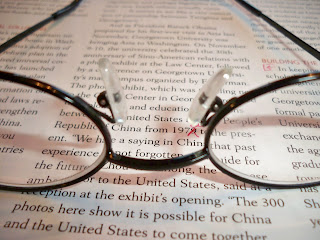The Third Shift
When I was a full-time freelance writer I wrote often for Working Mother magazine and became familiar with the theory that multiple roles are healthy for working women. The theory goes something like this: When work goes well, it inoculates us against the stress of home and family life. And when home is crazy, the office provides another avenue for achievement and satisfaction. Of course, sometimes both work and home are demanding, but that’s another story.
Last night I missed class to go to Celia’s back-to-school night. I’m glad I made the choice I did, but I missed the camaraderie of the class, missed the two hours I would have spent thinking and talking about ideas.
So after I came in, I spent a few minutes thinking about choices and the multiple roles equation (or my vastly simplified memory of it). The equation is missing a number, I think. There’s a part of me (a part of every person, I imagine) that is not about work and not about family. It is the “third shift,” that which we do for ourselves alone. And often that’s what gives, what falls behind.
For me it’s the thinking self — the reading and writing and pondering self — that has, as the children have grown older, become ever more important. This is the self that has been parched for years. Now that I’m starting to quench it, I don’t want to stop.



